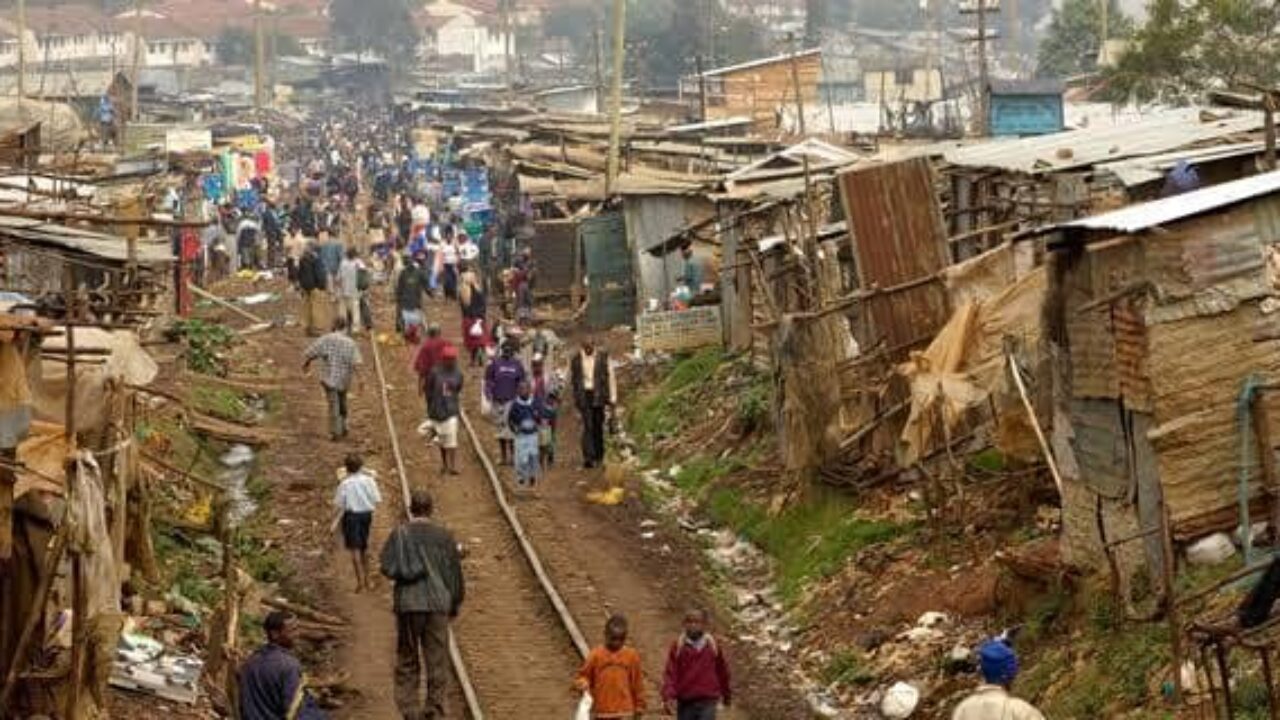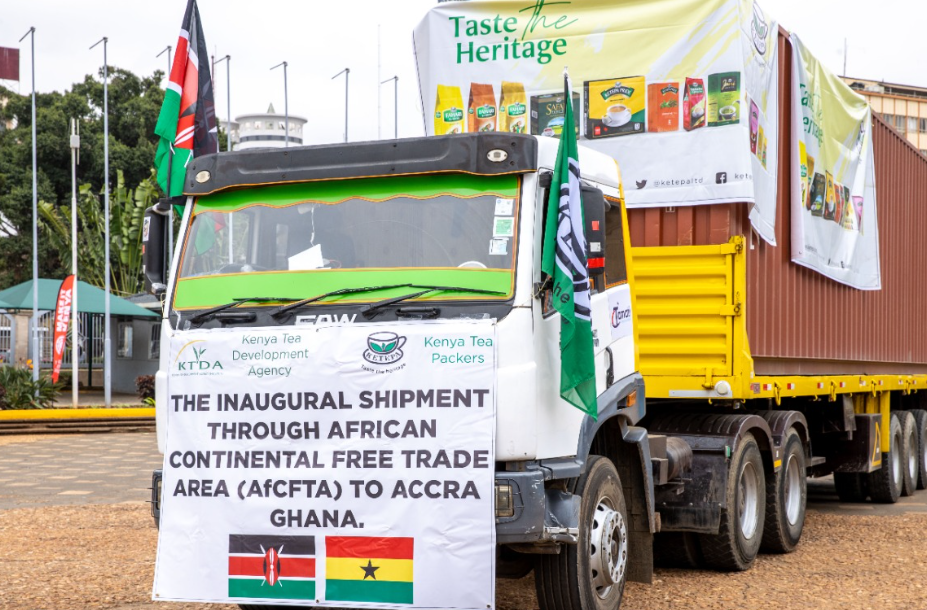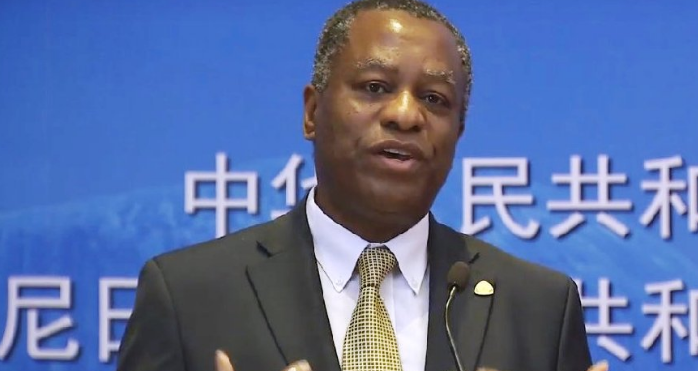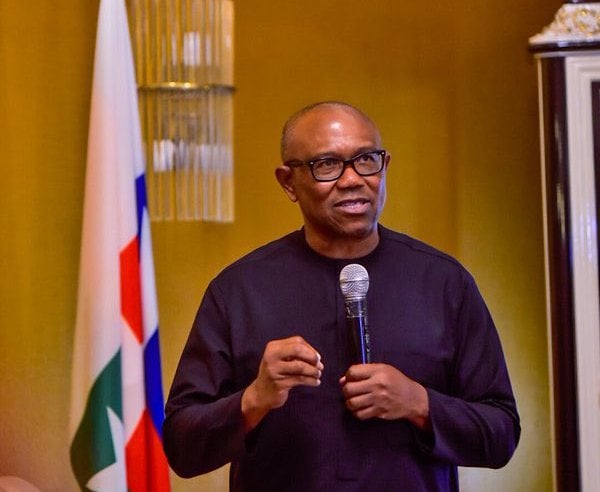The World Bank says the world is unlikely to meet the goal of ending extreme poverty by 2030.
The bank said this in its latest Poverty and Shared Prosperity report.
It said the 2022 edition of the report provided the first comprehensive look at the landscape of poverty in the aftermath of an extraordinary series of shocks to the global economy.
The bank estimated that by 2030, nearly 7 percent of the world’s population — nearly 600 million people — will still struggle in extreme poverty and live on less than $2.15 a day.
Advertisement
The report said that COVID-19 dealt the biggest setback to global poverty-reduction efforts since 1990, and the war in Ukraine threatened to make matters worse.
It said that Sub-Saharan Africa (SSA) now accounts for 60 percent of all people in extreme poverty — 389 million, more than any other region.
It said the region’s poverty rate is about 35 percent, the world’s highest.
Advertisement
Speaking on the report, David Malpass, World Bank Group president, said progress in reducing extreme poverty essentially halted in tandem with subdued global economic growth.
“Of concern to our mission is the rise in extreme poverty and decline of shared prosperity brought by inflation, currency depreciations, and broader overlapping crises facing development,” Malpass said.
“It means a grim outlook for billions of people globally. Adjustments of macroeconomic policies are needed to improve the allocation of global capital, foster currency stability, reduce inflation, and restart growth in median income.
“The alternative is the status quo—slowing global growth, higher interest rates, greater risk aversion, and fragility in many developing countries.”
Advertisement
To achieve the 2030 goal of ending poverty, the Washington-based institution recommended that each country in SSA would need to achieve per-capita GDP growth of 9 percent per year for the remainder of this decade.
“National policy reforms can help restart progress in reducing poverty, the report finds. Stepped-up global cooperation will also be necessary,” the World Bank said.
“In fiscal policy, governments should act promptly on three fronts: Avoid broad subsidies, increase targeted cash transfers: Half of all spending on energy subsidies in low- and middle-income economies go to the richest 20 percent of the population who consume more energy.
“Cash transfers are a far more effective mechanism for supporting poor and vulnerable groups.
Advertisement
“Focus on long-term growth: High-return investments in education, research and development, and infrastructure projects need to be made today.
“In a time of scarce resources, more efficient spending and improved preparation for the next crisis will be key.
Advertisement
“Mobilise domestic revenues without hurting the poor. Property taxes and carbon taxes can help raise revenue without hurting the poorest. So can broadening the base of personal and corporate income taxes.”
The bank advised governments to minimise economic distortions and negative distributional impacts by simultaneously using targeted cash transfers to offset their effects on the most vulnerable households.
Advertisement
According to World Poverty Clock, an online tool that monitors the progress against poverty globally, about 70 million Nigerians live in extreme poverty, representing 33 percent of 200 million people.
Advertisement






